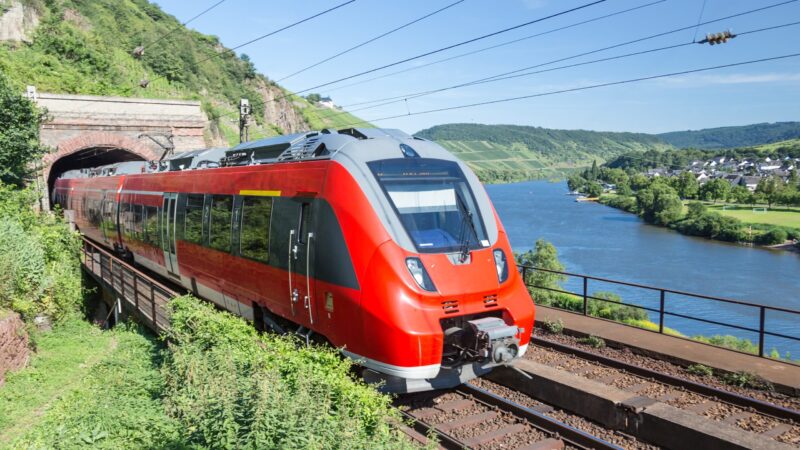Germany has one of the most efficient rail systems in Europe, making it a top choice for travelers looking to explore the country. But while the Deutsche Bahn network is known for its coverage and punctuality, it can also become expensive if travelers don’t plan properly. Understanding how to save on tickets, choose the right passes, and avoid unnecessary costs can make a major difference in your budget.
This guide explains how to travel across Germany by train in a cost-effective way, with clear advice on routes, ticket types, and smart timing.
Understanding the Basics of the German Rail System
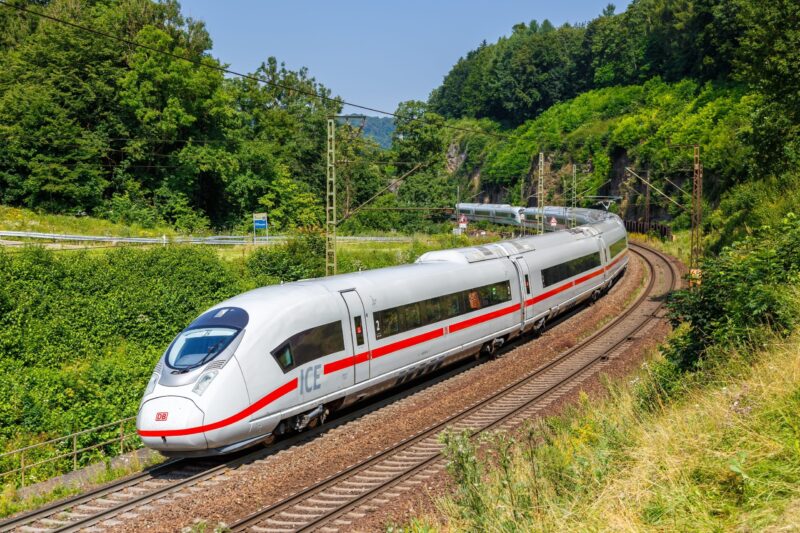
Germany’s train system is operated primarily by Deutsche Bahn (DB), which runs both regional and long-distance trains. Long-distance services include ICE (InterCity Express), IC (InterCity), and EC (EuroCity), while regional trains are labeled RE (Regional Express), RB (Regionalbahn), and S-Bahn.
Train travel offers clear advantages:
- No need for airport security checks or baggage limits
- Central stations located in city centers
- Reliable connections to smaller towns and scenic areas
However, without strategy, a single ticket can cost more than a budget airline. That’s why travelers must understand how to navigate the system wisely.
Choosing Between Long-Distance and Regional Trains
The first major decision travelers face is whether to take long-distance or regional trains. Long-distance trains like ICE are fast, air-conditioned, and often include restaurant cars, but they can be costly.
On the other hand, regional trains are slower and make more stops, but they offer excellent value—especially when paired with special regional tickets.
For instance, someone traveling from Munich to Nuremberg might save significantly by using a regional Bayern-Ticket instead of a high-speed ICE ticket, with only an hour difference in travel time.
Interestingly, many international visitors staying in cities like Munich also explore the nightlife and cultural offers, sometimes even combining leisure with discretion.
In that context, finding services such as München escort is quite common, especially since Munich Hauptbahnhof is a hub for both regional and long-distance travel.
Regional Day Passes: The Smartest Deal for Day Travel
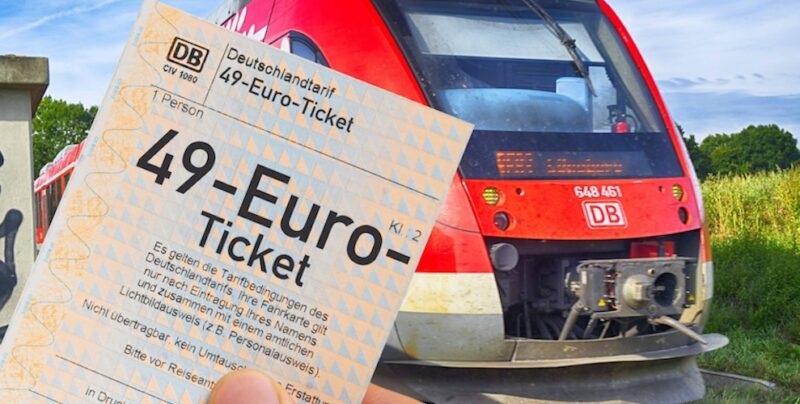
Germany offers Länder-Tickets (state tickets), which are day passes allowing unlimited travel on regional trains within a specific federal state.
Some of the most used options include:
- Bayern-Ticket (Bavaria)
- SchönerTagTicket NRW (North Rhine-Westphalia)
- Berlin-Brandenburg Ticket
These tickets are ideal for:
- Visiting multiple towns in one day
- Traveling with a group (up to 5 people per ticket)
- Weekend or holiday day-trips
Prices start as low as €25 for one person, with each additional person costing a small surcharge. They are valid from 9 AM to 3 AM the next day on weekdays and all day on weekends.
If you’re visiting castles in Bavaria, vineyards along the Rhine, or cities like Cologne and Düsseldorf in one go, these passes offer unbeatable value.
Germany’s €49 Deutschland-Ticket: Unlimited Monthly Travel
In 2023, Germany introduced the Deutschland-Ticket, often referred to as the €49 Ticket. For a flat fee of €49 per month, this ticket allows unlimited travel on regional trains, buses, and trams across the country.
Key facts:
- Covers all regional transport nationwide
- Does not include ICE, IC, or EC trains
- Requires a monthly subscription, but it can be canceled at any time
This ticket is ideal for slow travelers or digital nomads planning to explore Germany city by city without time pressure. If you’re not in a rush, you can cross the entire country using only regional trains.
Book Long-Distance Tickets in Advance
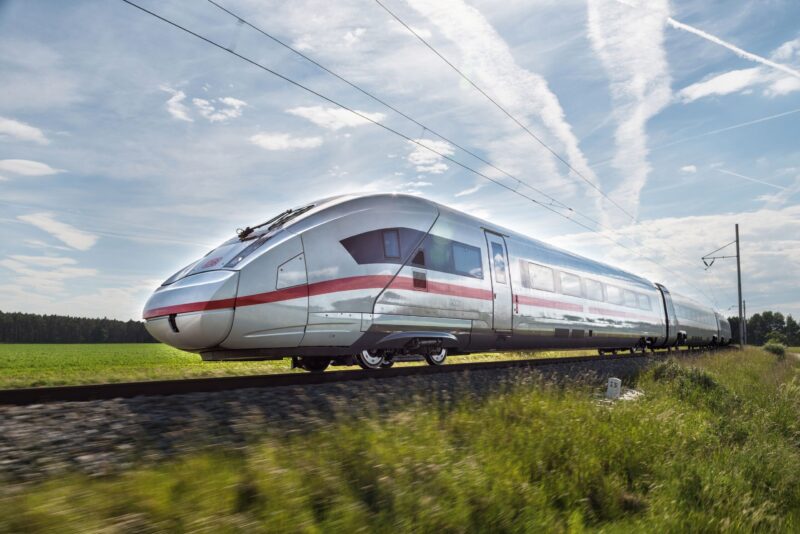
If speed matters and you want to use ICE trains, the best advice is to book early. Deutsche Bahn offers Sparpreis (Saver Fare) and Super Sparpreis (Super Saver Fare) tickets, which can reduce prices by more than 50%—but only if booked well in advance.
Tips for long-distance ticket savings:
- Book 2–3 weeks ahead whenever possible
- Use the Deutsche Bahn app or website for price comparisons
- Be flexible with departure times; early mornings and late evenings are cheaper
Also, avoid peak travel days like Fridays and Sundays, when ticket prices tend to surge.
Consider a German Rail Pass for Tourists
Foreign travelers can also purchase the German Rail Pass, which allows unlimited travel on all DB trains, including ICE and IC. It’s available for 3 to 15 consecutive or flexible days within one month.
Pros:
- Includes long-distance trains
- No need to commit to a specific itinerary
- Children under 12 travel free with an adult
Cons:
- Expensive if you don’t plan to use high-speed trains regularly
- Doesn’t cover public transport like trams and buses
This pass is ideal for visitors who plan to travel frequently across large distances, such as Berlin to Munich, Hamburg to Cologne, or Frankfurt to Dresden.
Use Apps to Find Cheaper Routes
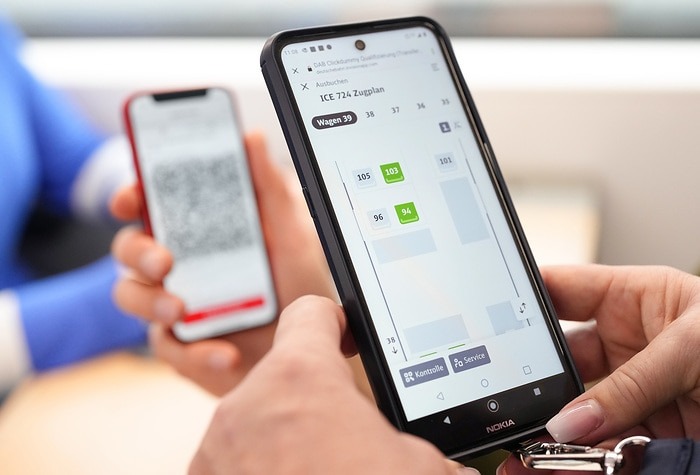
Technology helps. The Deutsche Bahn app (DB Navigator) is a must-have for finding:
- Real-time schedules
- Platform numbers
- Cheaper connections, including those that mix regional and long-distance trains
Other useful apps:
- BlaBlaCar (for ride-sharing when trains are overbooked)
- FlixTrain (budget alternative with fewer routes but lower prices)
- Omio and Trainline (multi-operator ticket comparison tools)
Sometimes, using a combination—train from city A to B, then FlixTrain or rideshare onward—saves both time and money.
Avoid Buying Tickets Last Minute at the Station
Walk-up prices at station kiosks or machines can be significantly higher, especially for long-distance routes. Always:
- Compare ticket options online first
- Check if a regional ticket covers your route
- Consider off-peak hours for discounts
If you do need a ticket at the last minute, regional routes offer more price stability than ICE trains.
Additional Savings: Railcards and Group Travel

For those staying longer in Germany or returning frequently, the BahnCard system offers discounts of 25%, 50%, or even 100% depending on the type.
There are also discounts for:
- Seniors
- Youth under 27
- Small groups traveling together (up to 5 people)
These discounts can often be applied during the checkout process on the DB website.
Plan Wisely, Travel Freely
Traveling across Germany by train doesn’t have to be expensive. With smart planning, a little flexibility, and the right pass, it becomes one of the most cost-efficient and comfortable ways to explore the country.
Whether you’re taking in the romantic river landscapes of the Mosel Valley, visiting museums in Berlin, or hopping between historical towns in Baden-Württemberg, there’s a train—and a deal—for your itinerary.
Germany’s rail system rewards informed travelers. And when used wisely, it opens up a network of culture, nature, and urban life that’s difficult to match elsewhere in Europe.
